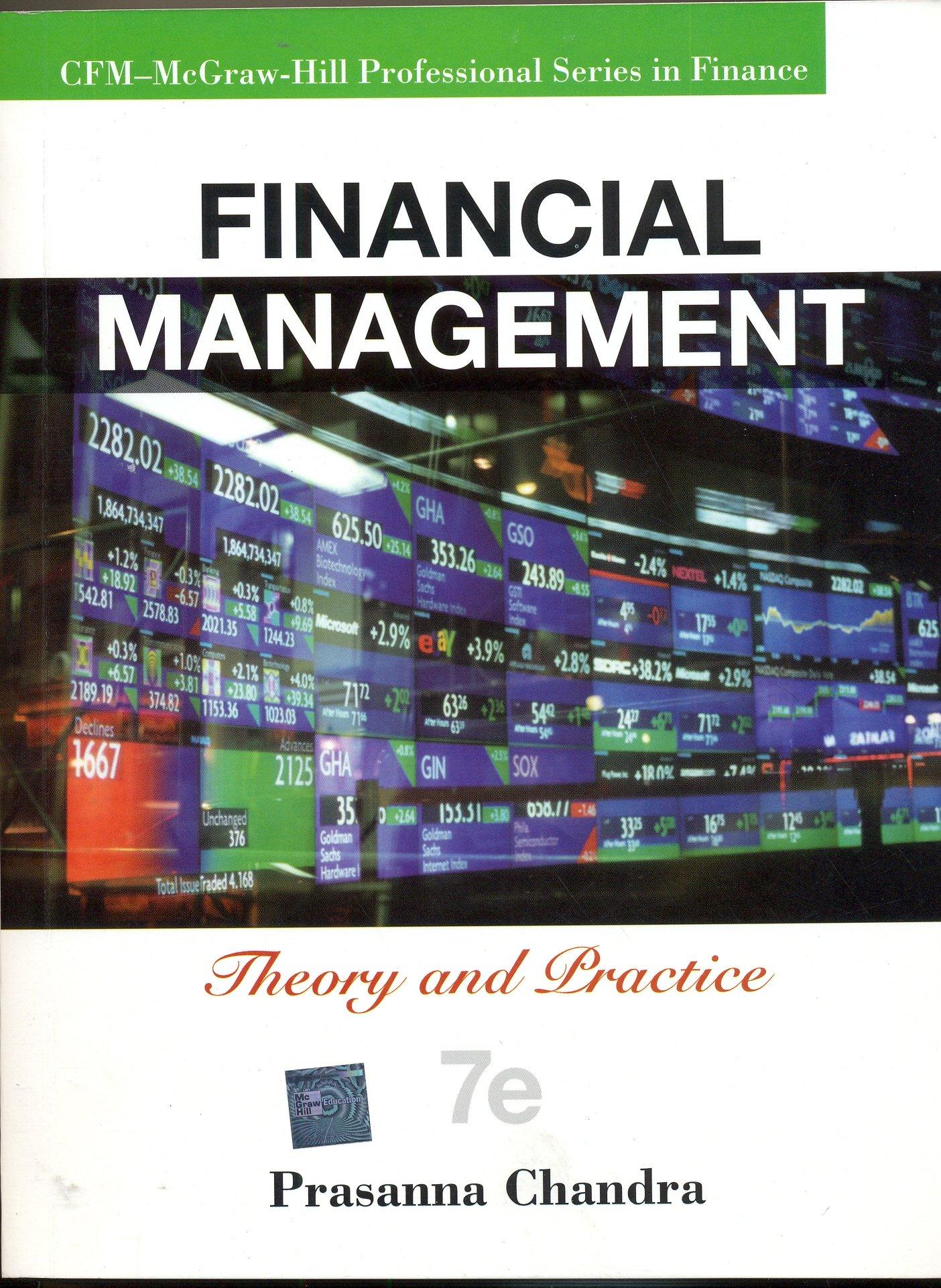Question
Case Number Four: The Euro Reacts to New Information According to an article in the Wall Street Journal (October 8, 1999): The European Central Bank
Case Number Four: The Euro Reacts to New Information
According to an article in the Wall Street Journal (October 8, 1999):
The European Central Bank left interest rates unchanged but made clear it is seriously considering tightening monetary policy. The euro fell slightly on the ECBs announcement around midday that it would hold its key refinancing rate steady at 2.5%. But it rebounded as ECB President Wim Duisenberg reinforced expectations that a rate rise is in the works.
In the same story, the Wall Street Journal reported that the Bank of England didnt elaborate on its decision to leave its key repo rate unchanged at 5.25%. At the same time, sterling remains strong, which reduces the threat of imported inflation as well as continuing to pressure U.K. manufacturers. That could work against higher interest rates, which could send sterling even higher.
Required Question
- Why might higher pound interest rates send sterling even higher?
Step by Step Solution
There are 3 Steps involved in it
Step: 1

Get Instant Access to Expert-Tailored Solutions
See step-by-step solutions with expert insights and AI powered tools for academic success
Step: 2

Step: 3

Ace Your Homework with AI
Get the answers you need in no time with our AI-driven, step-by-step assistance
Get Started


